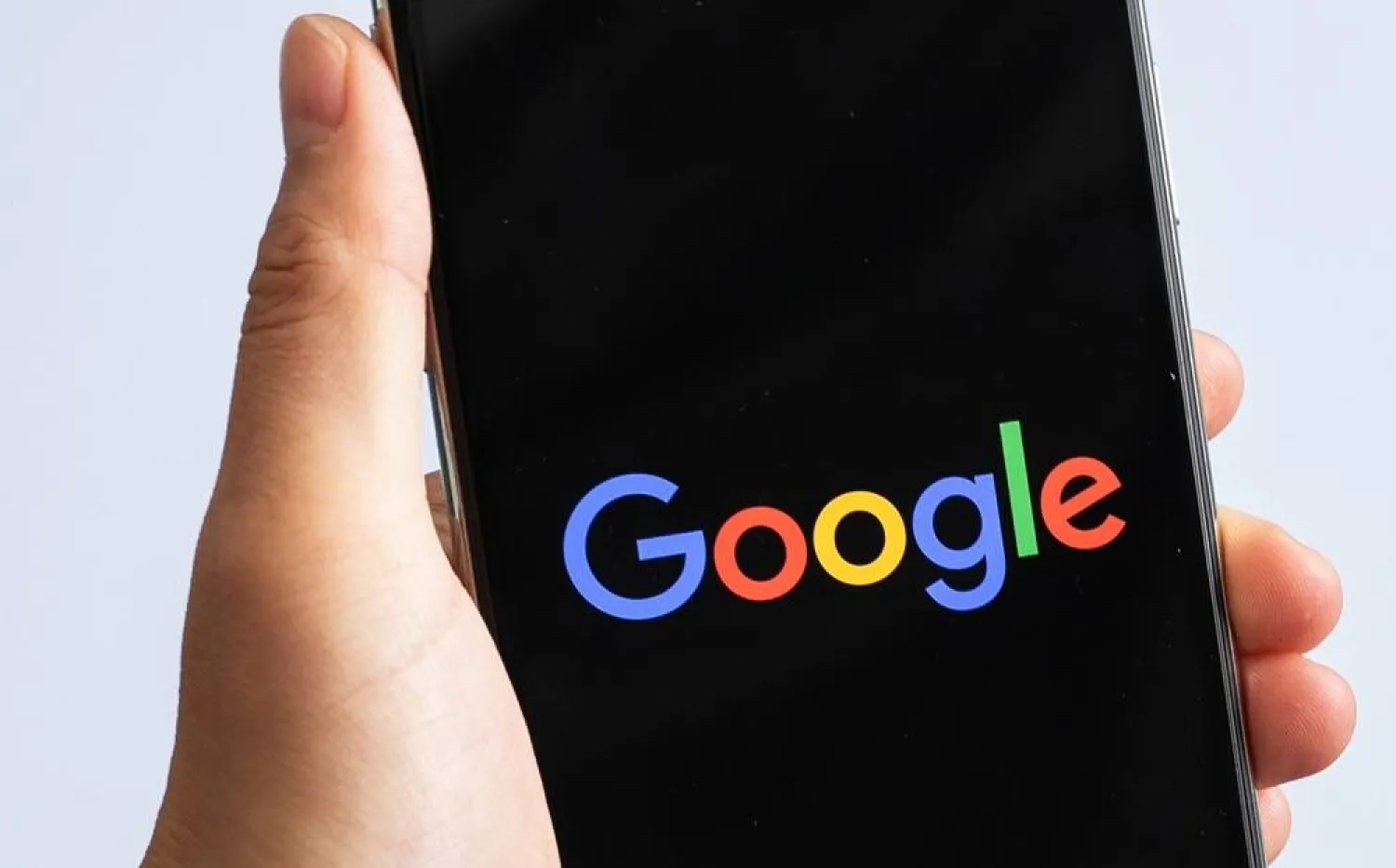A US judge ruled on Monday that Google violated antitrust law, spending billions of dollars to create an illegal monopoly and become the world's default search engine, the first big win for federal authorities taking on Big Tech's market dominance.
The ruling paves the way for a second trial to determine potential fixes, possibly including a breakup of Google parent Alphabet, which would change the landscape of the online advertising world that Google has dominated for years.
It is also a green light to aggressive US antitrust enforcers prosecuting Big Tech, a sector that has been under fire from across the political spectrum.
"The court reaches the following conclusion: Google is a monopolist, and it has acted as one to maintain its monopoly," US District Judge Amit Mehta, Washington, DC, wrote. Google controls about 90% of the online search market and 95% on smartphones.
The "remedy" phase could be lengthy, followed by potential appeals to the US Court of Appeals, District of Columbia Circuit and the US Supreme Court. The legal wrangling could play out into next year, or even 2026.
Shares of Alphabet fell 4.5% on Monday amid a broad decline in tech shares as the wider stock market cratered on recession fears. Google advertising was 77% of Alphabet's total sales in 2023.
Alphabet said it plans to appeal Mehta's ruling. "This decision recognizes that Google offers the best search engine, but concludes that we shouldn’t be allowed to make it easily available," Google said in a statement.
US Attorney General Merrick Garland called the ruling "a historic win for the American people," adding that "no company - no matter how large or influential - is above the law."
White House press secretary Karine Jean-Pierre said the "pro-competition ruling is a victory for the American people," adding that "Americans deserve an internet that is free, fair, and open for competition."
BILLIONS PAID
Mehta noted that Google had paid $26.3 billion in 2021 alone to ensure that its search engine is the default on smartphones and browsers, and to keep its dominant market share.
"The default is extremely valuable real estate," Mehta wrote. "Even if a new entrant were positioned from a quality standpoint to bid for the default when an agreement expires, such a firm could compete only if it were prepared to pay partners upwards of billions of dollars in revenue share and make them whole for any revenue shortfalls resulting from the change."
He added, "Google, of course, recognizes that losing defaults would dramatically impact its bottom line. For instance, Google has projected that losing the Safari default would result in a significant drop in queries and billions of dollars in lost revenues."
The ruling is the first major decision in a series of cases taking on alleged monopolies in Big Tech. This case, filed by the Trump administration, went before a judge from September to November of last year.
"A forced divestiture of the search business would sever Alphabet from its largest source of revenue. But even losing its capacity to strike exclusive default agreements could be detrimental for Google," said Emarketer senior analyst Evelyn Mitchell-Wolf, who said a drawn-out legal process would delay any immediate effects for consumers.
In the past four years, federal antitrust regulators have also sued Meta Platforms, Amazon.com and Apple, claiming the companies have illegally maintained monopolies. Those cases all began under the administration of former President Donald Trump.
Senator Amy Klobuchar, a Democrat who chairs the Senate Judiciary Committee's antitrust subcommittee, said the fact that the case spanned administrations shows strong bipartisan support for antitrust enforcement.
"It's a huge victory for the American people that antitrust enforcement is alive and well when it comes to competition," she said. "Google is a rampant monopolist."
When it was filed in 2020, the Google search case was the first time in a generation that the US government accused a major corporation of an illegal monopoly. Microsoft settled with the Justice Department in 2004 over claims that it forced its Internet Explorer Web browser on Windows users.









